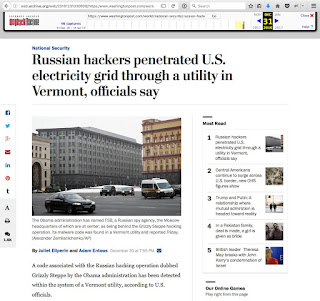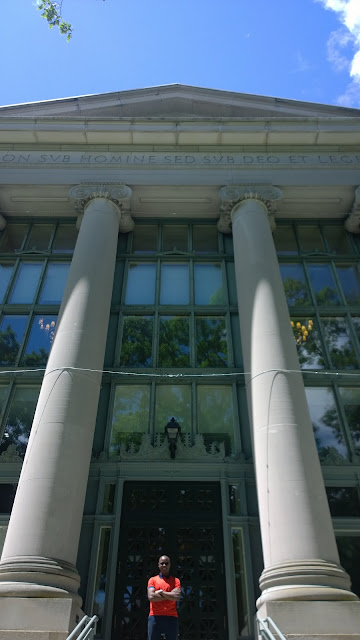2016-09-27: Introducing Web Archiving in the Summer Workshop

For the last few years the Department of Computer Science at Old Dominion University invites a group of undergrad students from India and hosts them in the summer. They work closely with a research group on some relevant projects. Additionally, researchers from different research groups in the departments present their work to the guest students twice a week and introduce various different projects that they are working on. The goal of this practice is to allow them to collaborate with graduate students of the department and to encourage them for research studies. The invited students also act as ambassadors to share their experience with their colleagues and spread the word out when they go back to India. This year a group of 16 students from Acharya Institute of Technology and B.N.M. Institute of Technology visited Old Dominion University , they were hosted under the supervision of Ajay Gupta . They worked in the areas of Sensor Networks and Mobil Application Development. The





